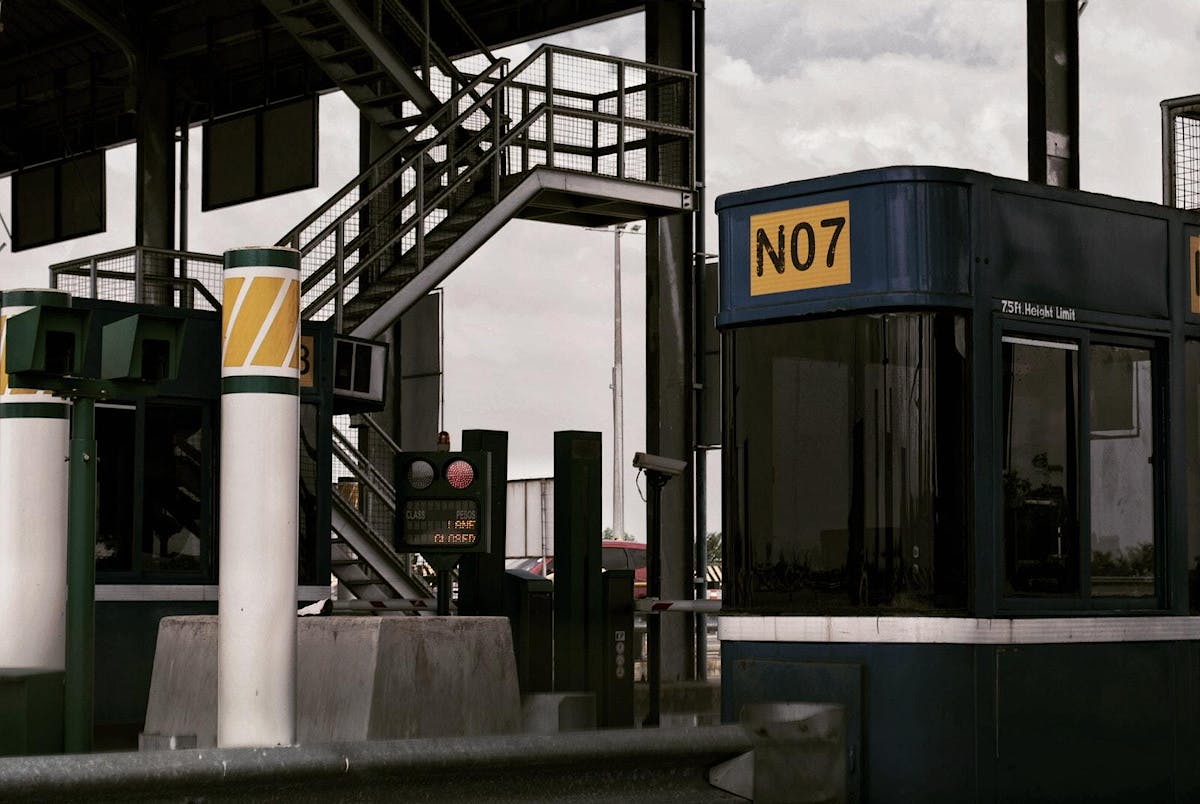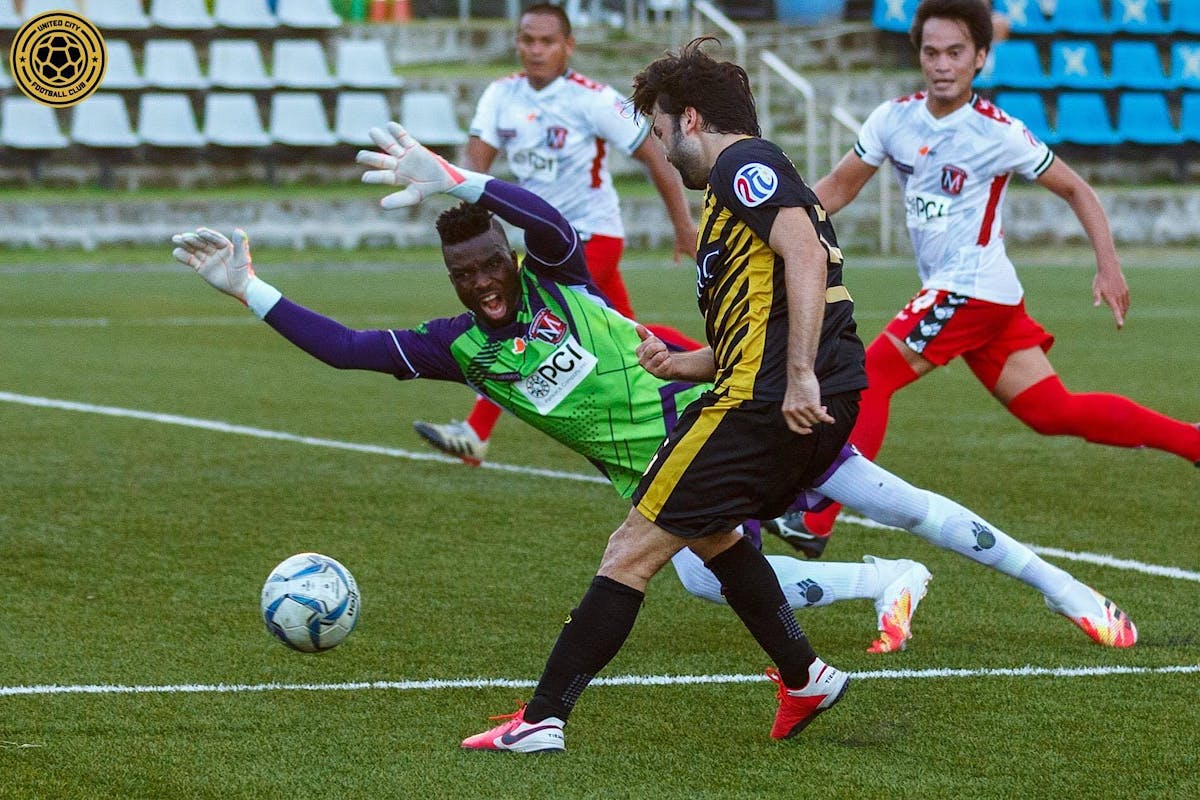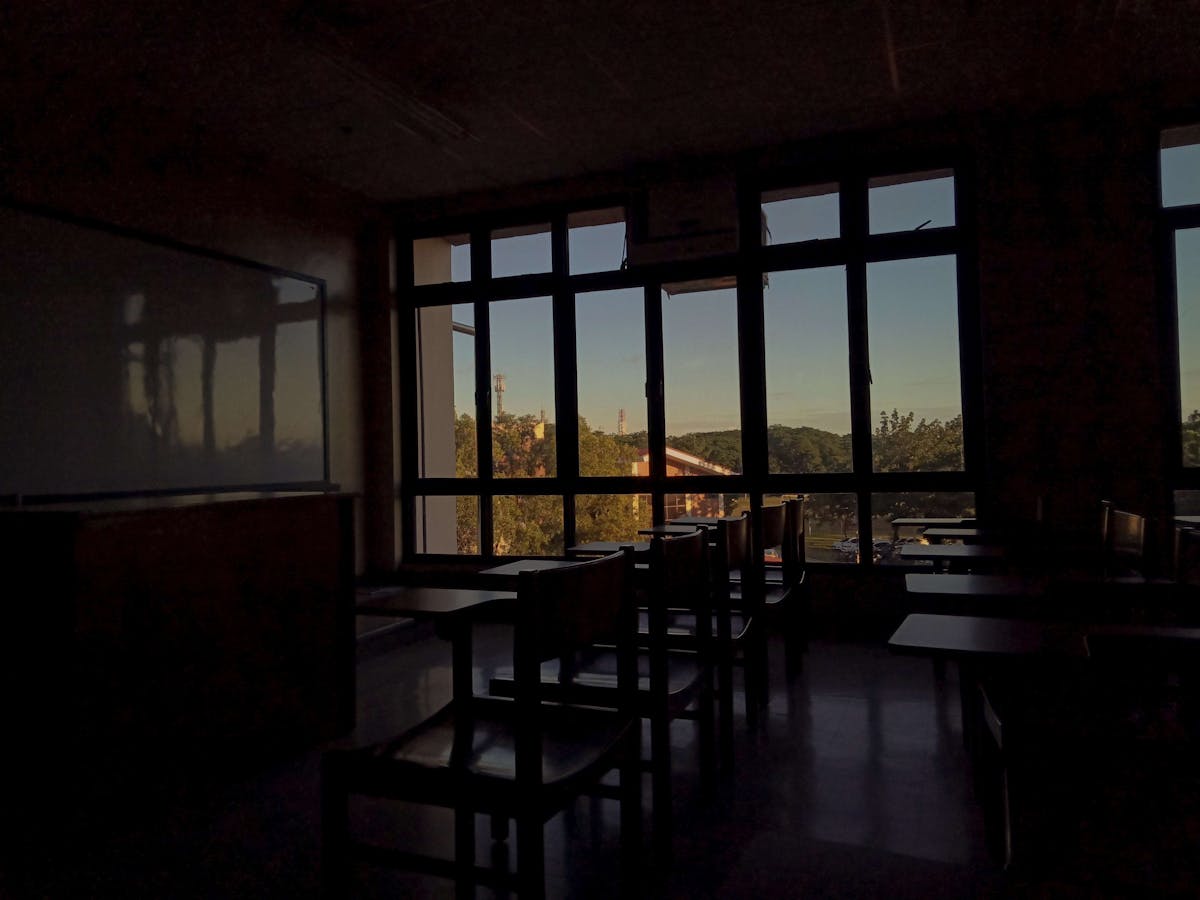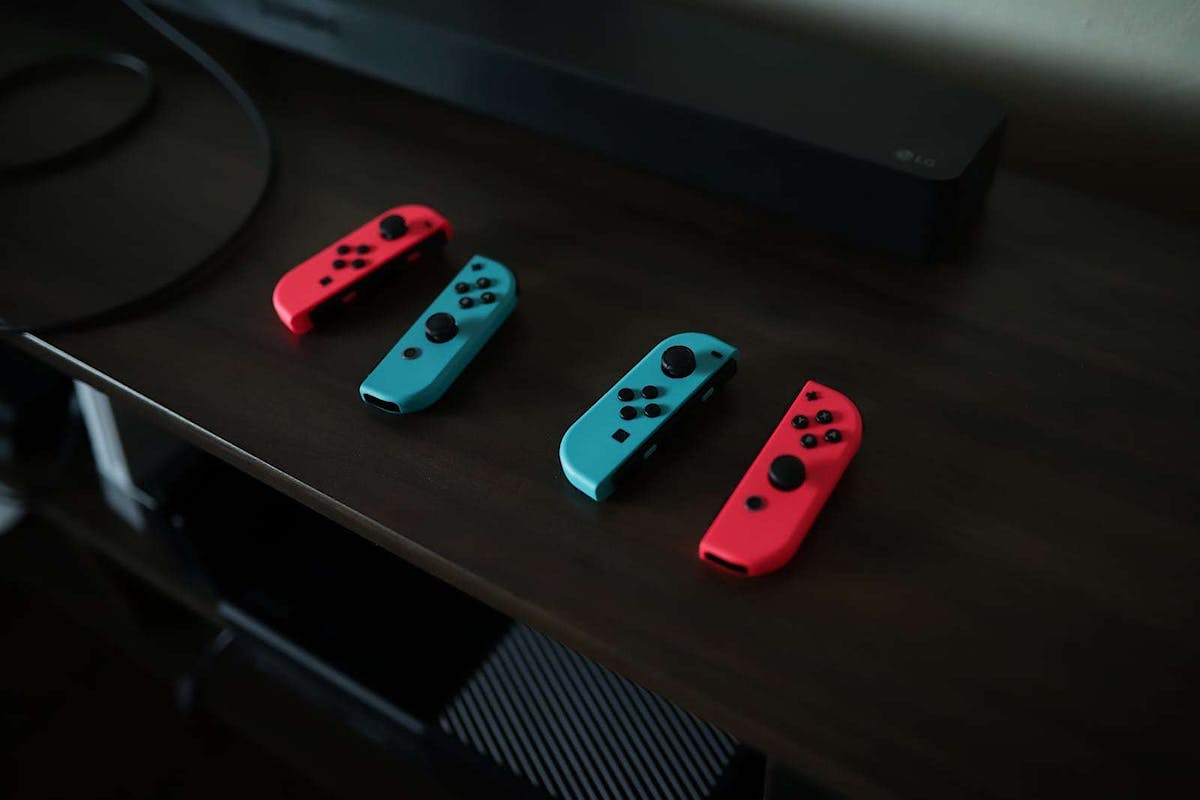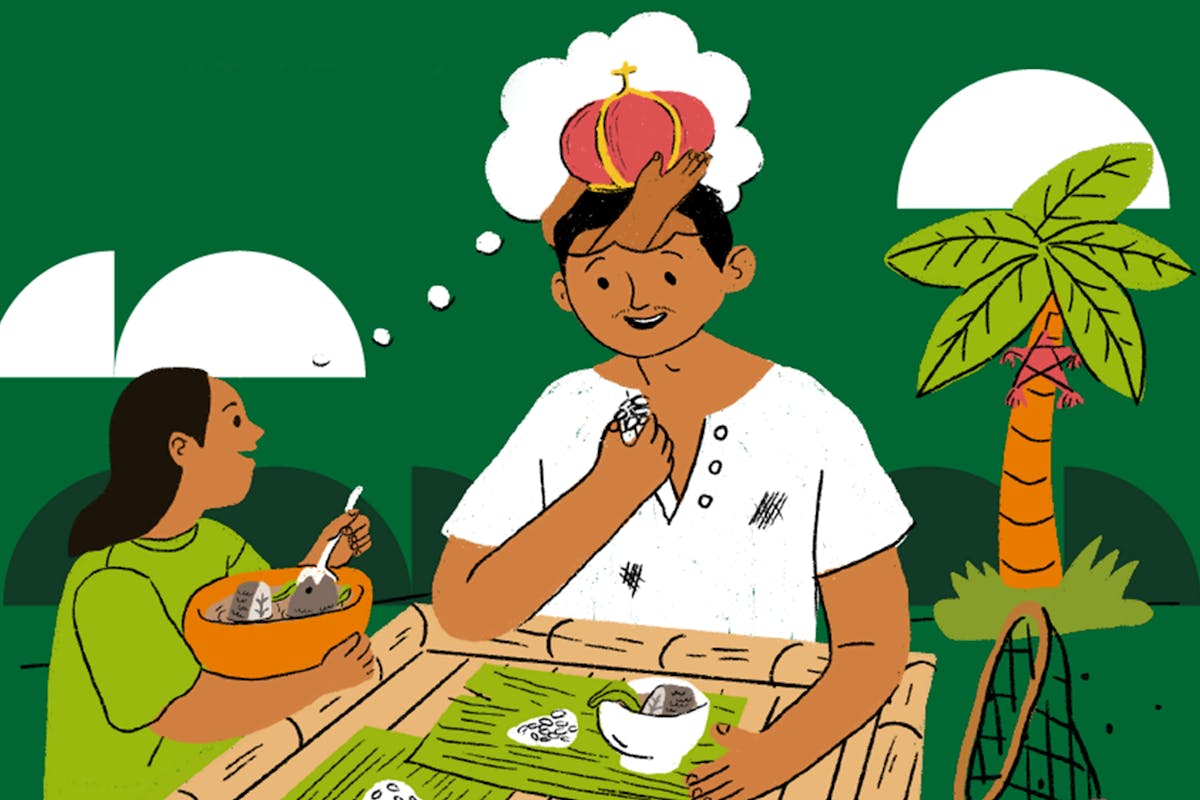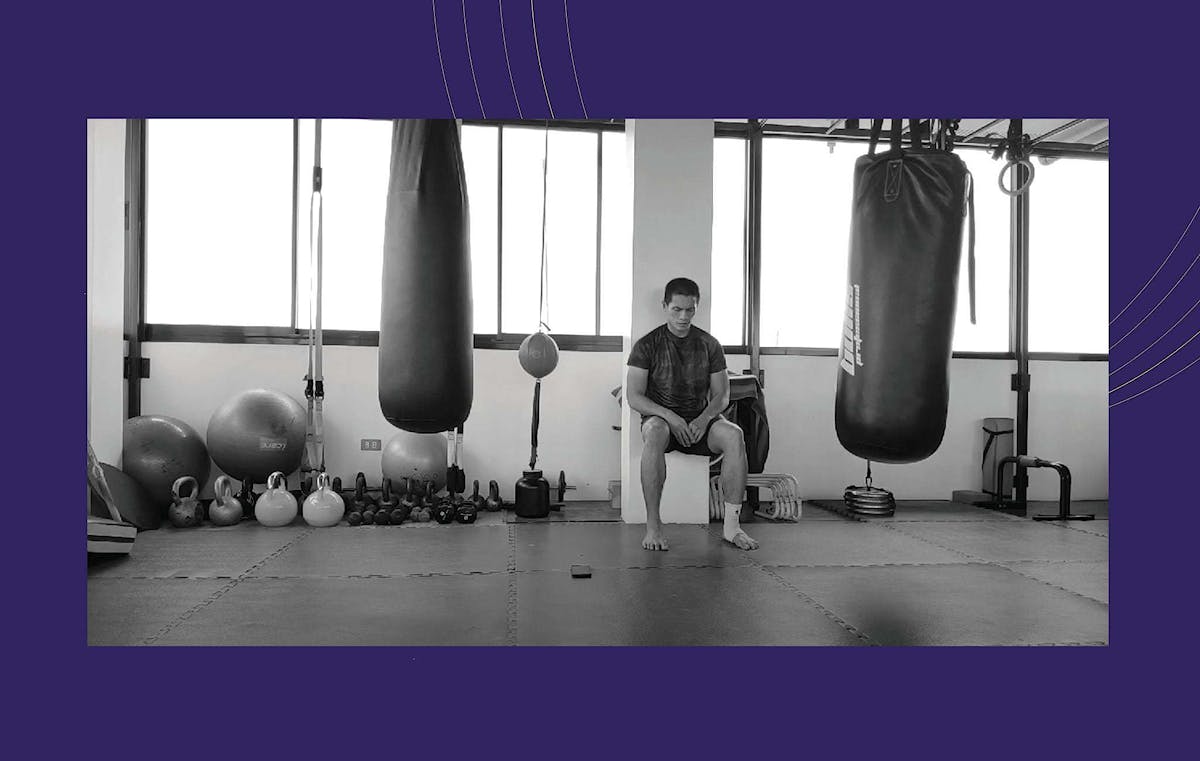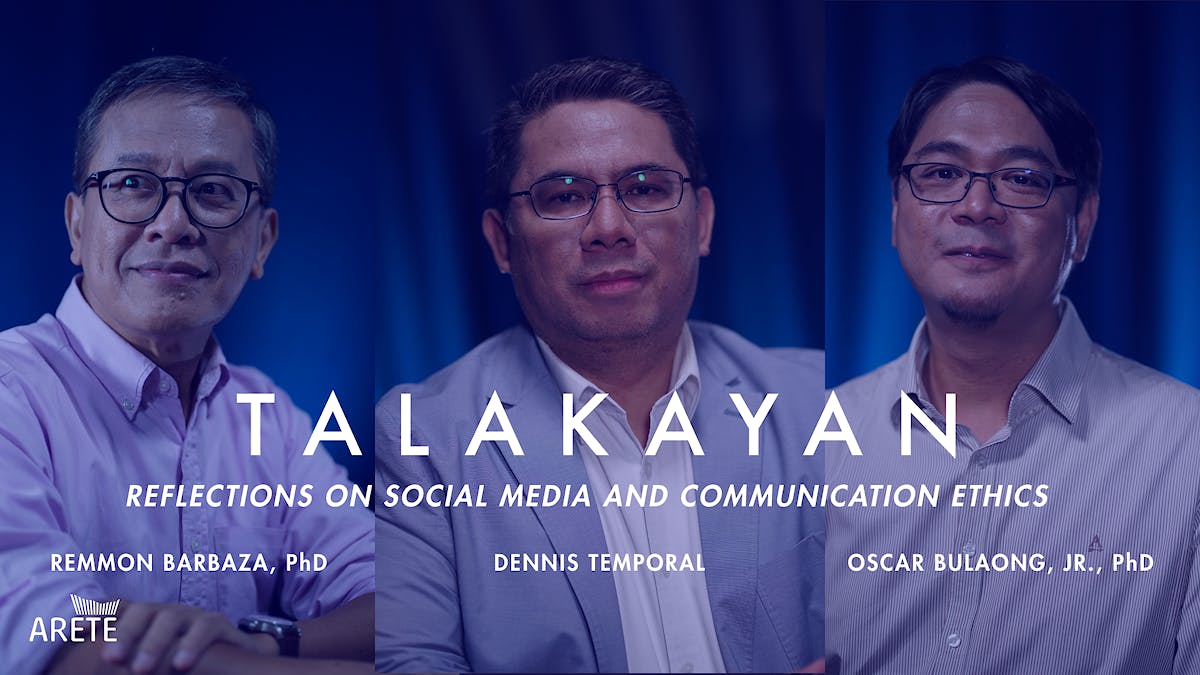
Our Way Forward
Stepping Down From Our Proverbial Treadmills
When the national government called for a premature closure of all Basic Educational schools, we were already at the tail end of the last semester.

We would have wanted to think of ourselves more fortunate than other schools who had many more months to go before ending their school year. Yet, on second thought this crisis has spared no one. It rendered the entire world in a state of limbo that has unquestionably subverted every aspect of our way of life.
Just a few weeks ago, as we were preparing for a high stakes meeting to decide whether to pass or fail students academically at risk, one colleague with several years of experience emailed me prior asking a thought provoking question: “Are the guidelines for making recommendations for pass or fail still applicable now?” She expressed that one of her students in danger of taking remedial classes was also mired with family problems. Since remedial classes would have to be conducted online, the student is practically being set up to fail, given his problematic home situation.
For young learners, adult supervision is vital. In the time of COVID, parents will now need to assume, to a large extent, the role of the surrogate educator. The level of success that that brings is largely dependent on the willingness of the parents to be involved, the available resources at home, and the time that these parents are able to dedicate to this purpose.
With the imperative for social distancing, the consensus amongst schools is to shift to online learning. As much as we want to say that we have made strides towards integrating technology in learning, the present context is evidently different. The demand to shift drastically has exposed many weaknesses. For one, there exists a gaping digital divide among students and teachers alike. This makes it unfair and insensitive to expect these students and faculty to quickly familiarize themselves with these new platforms when other more pressing needs have been moved to the forefront of their lives.
What has been a somber realisation is that some of these challenges and the corresponding responses to it have actually existed long before the coronavirus outbreak. We have always known that learning is dependent on the factors that were mentioned earlier. For a child to succeed in school, it is vital that they are provided ample learning resources and opportunities at home, their physical and psychological needs are consistently met, and they find themselves in a safe environment where they are able to work independently and collaboratively.
It takes more than just competent teachers and eager students to guarantee that effective learning happens. Unfortunately, when schools have been so accustomed to doing things the same way for years, they will find themselves flat-footed in the face of this crisis. The old templates no longer suit the current circumstances. Therefore, schools would have to go down from their proverbial treadmills otherwise it will get them nowhere. It goes without saying that we need to upgrade our educational tools, diversify our pedagogical techniques, and gradually shift away from the “one-size-fits-all” paradigm.
Our common lament is that it is challenging enough to provide these under normal circumstances, what more with the current pandemic? But we cannot afford to deal with absolutes. We need to constantly search for ways to give what is best for our students amidst forecasts of the pandemic’s hazy timeline. The way to go, as prescribed by an article in Mckinsey, is to plan across multiple time horizons anticipating multifarious scenarios. For instance, as we continue to brainstorm ways to make definitive yet flexible decisions about end of school year matters, we need to get ahead and decide on matters that affect the next school year so they can be implemented in a timely and thoughtful manner. Aside from that, the biggest challenge is for us to reimagine what it will be like further to the future with the so-called “new normal”.
Of course it won’t be easy because it means wading in unfamiliar and unpredictable currents. We can’t always predict the future but, as they say, only those who see the invisible can achieve the impossible.
There is this other saying that has never been more true than it is today: we are only as strong as our weakest member. The pandemic has taught us that the success of any intervention hinges on our ability to address the needs of those who have been impacted the most. As we continue our pursuit of learning whether remotely or face-to-face, we want to ensure that these opportunities are afforded to everyone. This has challenged us to be creative and to exhaust all means necessary to support these students holistically.
However, this in no way means that we have to cut corners or adjust our standards for the sake of those who struggle to meet them. We are not here to substitute empathy for sympathy. More than ever, in a world that has become increasingly uncertain and volatile, we want our students to make sound commitments and do so with fortitude and hope that is akin to great leaders who have remained determined to overcome life’s challenges.
Our job as educators is to make sure our students remain steadfast and capable of flourishing. Our job is to breed leaders who thrive amidst rigid dogma and floundering relativism. What this crisis has revealed to us is that life does not always provide straightforward problems that require only straightforward solutions. We think of education as an internal GPS system - think Google Maps or Waze, where we can help students foresee and circumnavigate various pit stops or roadblocks in life. Ultimately, education should challenge students to judge for themselves which path they think is best.
There are no easy answers for this, but no daring endeavour comes with simple, clear-cut solutions. What we think is that a holistic education —literature, arts, history, mathematics, are fields that remain timelessly relevant today as it will be for the future. But we are also reminded that we cannot be complacent in the face of these rapidly moving currents. We want to make sure that when their time under the world’s spotlight comes, our students are ready to blaze the trail as impactful and compassionate citizens. What better way for us to do that then to transform this crisis to the perfect opportunity to revolutionise learning?





